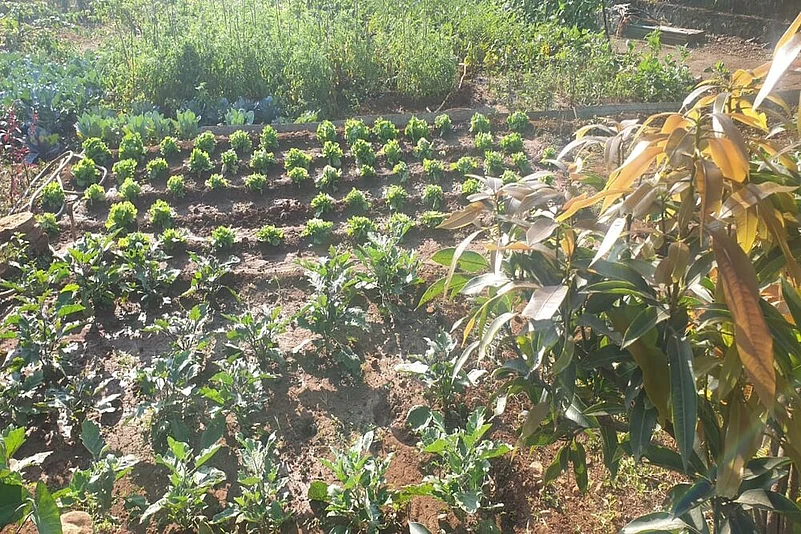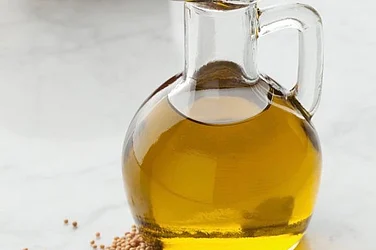Research have established that nitrogenous fertilizer has deleterious effect on soil health and crop productivity if used over a long time. There is also possibility of nitrate contamination in groundwater.
ICAR (Indian Council of Agricultural Research) recommends use of both inorganic and organic sources of plant nutrients to reduce the use of chemical fertilizers, preventing deterioration of soil health, environment, and contamination of groundwater.
In first half of the current Budget session of Parliament, Union Agriculture Minister Narendra Singh Tomar said that the government has launched a National Mission on Soil Health Card to promote soil test based balanced and judicious fertilizer application.
Advertisement
In a written reply he stated that organic farming is being promoted under Parampragat Krishi Vikas Yojana (PKVY) and Mission Organic Value Chain Development for North East Region (MOVCD-NER).
Trainings and demonstrations are organized through ICAR institutions including Krishi Vigyan Kendras (KVKs), and agricultural universities to educate farmers on all these aspects, he added.
Waste tea leaves can be a great source of organic material for gardens and compost piles. Tea leaves contain the three big nutrients termed NPK, i.e. nitrogen, phosphorus, and potassium.
Used tea leaves not only increase agricultural yields and offer farmers an economical natural fertilizer but can reduce the heavy metal toxicity, some experts suggest.
As with vegetable wastes, tea too has a high fertility value for soil and plants due to their rich content in complex organic molecules such as cellulose, hemicelluloses, proteins, lipids, polyphenols as well as many minerals, according to Carmen Mateescu of National Institute for Research and Development in Electrical Engineering ICPE-CA, Bucharest, Romania.
But a correct management practice must be considered since the uncontrolled decomposition of such waste, when directly applied on soil, may lead to environmental pollution, she added in her statement.
Advertisement
Kei Nishida, a Japanese Green Tea enthusiast and the founder of Japanese Green Tea In writes that when you add green tea leaves to your garden, they not only give your plants a boost of nitrogen, helping them to grow faster, healthier, and stronger, but they become food for earthworms, which work to contribute to the overall quality of the soil, writes.
Sprinkle a thin layer of used tea leaves (green or black) around the base of acid-loving plants, including tomato, rose, blueberry, etc. and gently scratch them in.
But use sparingly, so that it only adds a small amount of acidity to the soil. Just sprinkle a decent amount of the tea leaves directly atop the soil and mix gently.
Tea leaves can also be added to a compost pile. Tea leaves, or bags, can simply be put in compost pile after it swells in boiled water.
If using a tea bag which is not biodegradable, then cut it open and empty the contents into the pile.




















